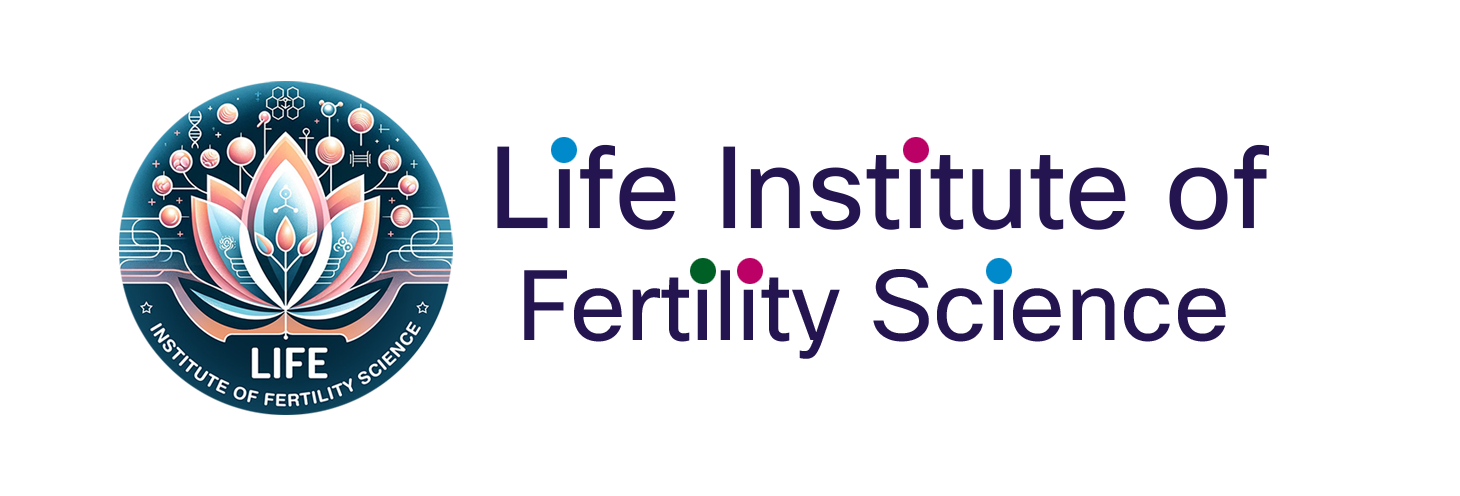About Course
This online course provides a comprehensive introduction to the fundamental principles and practices of clinical embryology. Designed for individuals pursuing careers in reproductive medicine, embryology, or related fields, this course offers a deep dive into the intricate processes involved in human embryonic development and reproductive technologies.
Throughout the course, participants will explore essential topics including gametogenesis, fertilization, early embryonic development, implantation, and placental development. Emphasis will be placed on understanding the physiological mechanisms underlying these processes, as well as their clinical implications for assisted reproductive technologies (ART) and infertility treatment.
Key components of the course include:
Introduction to Human Reproduction: An overview of male and female reproductive anatomy and physiology, including gametogenesis and the hormonal regulation of reproductive function.
Fertilization and Early Embryonic Development: Examination of the processes involved in fertilization, cleavage, blastocyst formation, and embryonic implantation, with a focus on the molecular and cellular events driving embryogenesis.
Assisted Reproductive Technologies (ART): A comprehensive overview of ART procedures such as in vitro fertilization (IVF), intracytoplasmic sperm injection (ICSI), and embryo transfer, including laboratory techniques and quality control measures.
Embryo Culture and Selection: Discussion of embryo culture systems, embryo grading criteria, and methods for selecting viable embryos for transfer, with an emphasis on optimizing pregnancy outcomes and minimizing risks.
Ethical and Legal Considerations: Exploration of ethical dilemmas, legal regulations, and societal implications associated with clinical embryology and ART, including issues related to embryo donation, surrogacy, and genetic screening.
Emerging Technologies and Future Directions: Examination of recent advances in reproductive medicine and embryology, such as preimplantation genetic testing, mitochondrial replacement therapy, and genome editing, and their potential impact on clinical practice and ethical discourse.
This course will combine lectures, case studies, interactive discussions, and multimedia resources to provide participants with a comprehensive understanding of clinical embryology fundamentals. By the end of the course, participants will have gained the knowledge and skills necessary to engage critically with contemporary issues in reproductive medicine and contribute effectively to clinical practice and research in the field of embryology.
Course Content
Overview of the Topics covered
- 45:00
- 01:20:00
- 30:00
- 22:00
- 46:00
- 14:00
new topic
Student Ratings & Reviews


